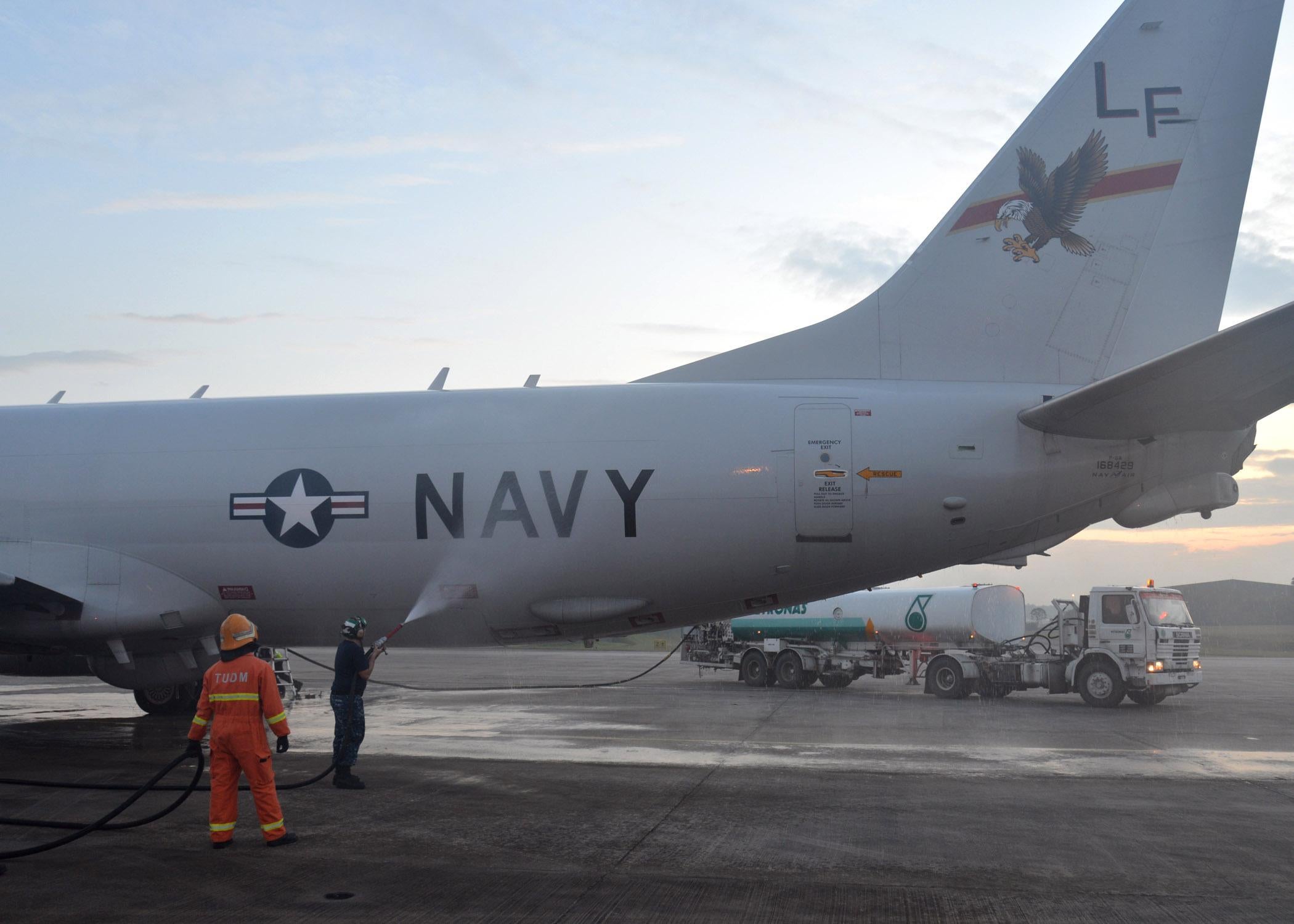US aircraft intercepted by Russian fighter in 'unsafe' interaction, according to US Navy
Russia denies the accusation that the interaction was unsafe

A US surveillance aircraft was buzzed by a Russian fighter jet three times over the course of 175 minutes while flying over the Mediterranean Sea on Tuesday, according to the US Navy.
The US P-8A Poseidon aircraft, which was flying in international airspace, was “operating consistent with international law and did not provoke this Russian activity.” The US Navy says the interaction was “irresponsible” behaviour by the Russian aircraft, according to a statement released Tuesday by the military division.
“We expect them to behave within international standards set to ensure safety and to prevent incidents,” the statement read, citing the 1972 Agreement for the Prevention of Incidents On and Over the High Seas, which dictates how vessels from the US and Russia must interact with one another.
The first and third interaction on Tuesday were deemed safe by the Navy, but the second interaction was “determined to be unsafe due to the SU-35 conducting a high speed pass directly in front of the mission aircraft, which put our pilots and crew at risk.”
The crew of the aircraft reported wake turbulence following this unsafe interaction, which lasted approximately 28 minutes.
“Unsafe actions increase the risk of miscalculation and potential for midair collisions,” the Navy’s statement read.
Reuters reports that Moscow denied its aircraft had acted irresponsibly, saying it had stayed at a safe distance and had returned to its base after the US aircraft changed course.
Troubling intercepts are avoided with agreed-to protocol for international aircrafts and ships that come into contact with each other.
"An intercept, in and of itself, isn't necessarily overtly aggressive," said Sam LaGrone of US Naval Institute News. "Interactions can be tense, and the Chinese and Russians have been known to make dangerous moves around American and other aircraft over sensitive areas like the Black Sea or Chinese installations in the South China Sea."
"According to the Navy's description, the latest Russian interception was like an aggressive driver cutting you off in traffic suddenly in a way that could provoke a reaction that could cause an accident," he added.
Join our commenting forum
Join thought-provoking conversations, follow other Independent readers and see their replies
Comments
Bookmark popover
Removed from bookmarks